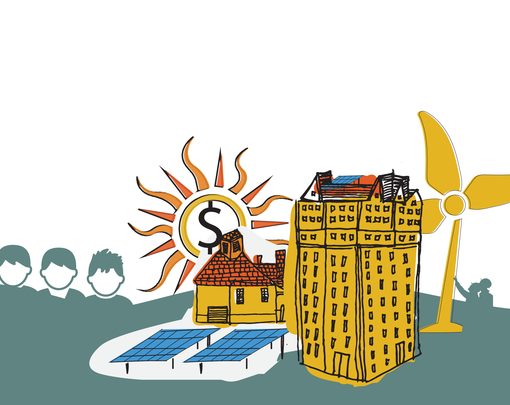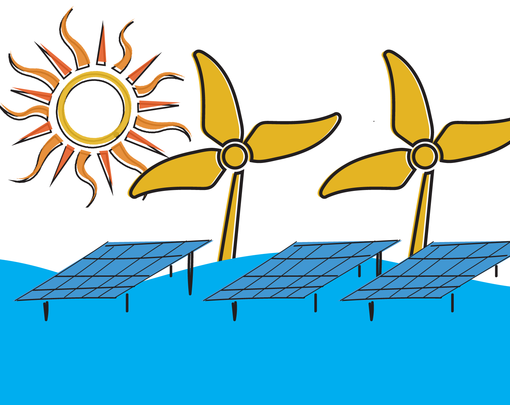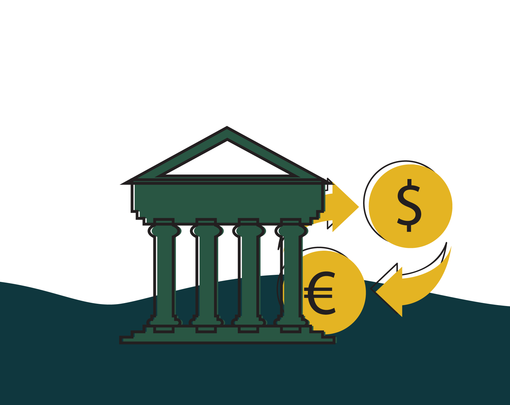Simplifies the benefits realized from community solar projects by directly helping participants save money on their electric bill based on the retail price of the renewable energy they helped produce, even if that power was generated somewhere else than on their own home’s roof.
Policy Support:
There is much variation in virtual net metering policy: some enabling policies are very flexible, with no assumptions about who will benefit; while others emphasize community through constraints on the geographic footprint and community scale of projects.
Build Capacity?
Like “regular” net metering, virtual net metering does not in itself increase community capacity, but it can enable the creation of community-based institutions for power generation, and crucially decouples participation in renewables from home ownership.
Risk & Drawbacks?
Without complementary policies explicitly designed around inclusion, access to capital and economic privilege could mean a virtual net metering regime that only benefits affluent renters.
Inspiring Examples:
Virtual net metering is less common than regular net metering—laws enabling it exist in California, Connecticut, D.C., Maine, Maryland, Massachussetts, New Hampshire, Pennsylvania, Rhode Island, Vermont, Colorado, Delaware, Minnesota, New York, and Wisconsin.
























